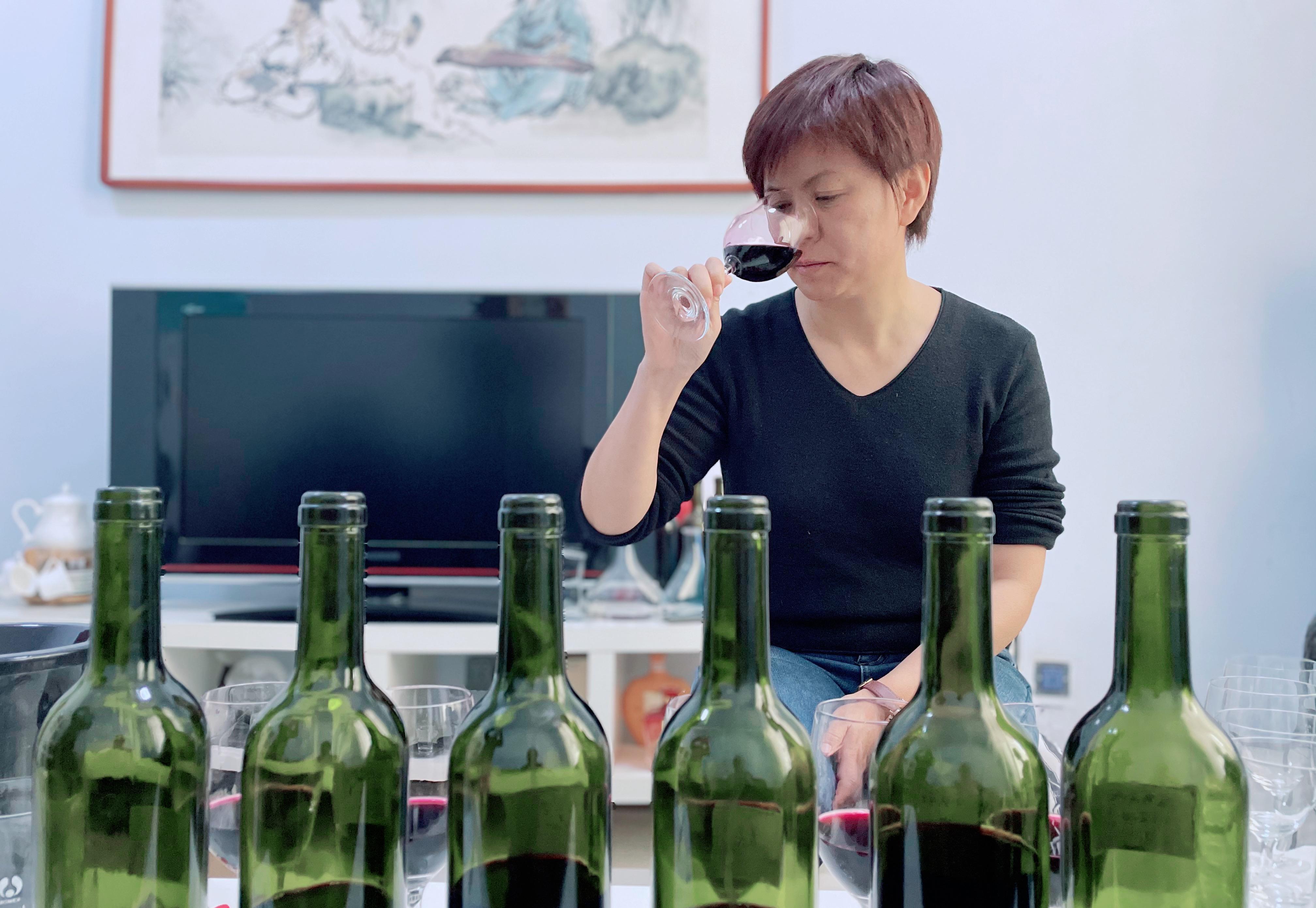"In addition to the sound of firecrackers, the spring breeze sends warmth into Tu Su." It is the New Year drinking phenomenon described by the Song Dynasty poet Wang Anshi in "Yuan Ri". The ancients used Tusu grass or several herbs to brew wine, the whole family drank together, and the remaining dregs were wrapped in red cloth and hung on the door frame, which also had the effect of "driving away evil spirits and avoiding epidemics". Nowadays, although Tusu wine has been lost, during the Spring Festival, wine may also become indispensable, and a bottle of good wine will have subtle differences in taste from winter to spring. During the Spring Festival on the spot, you may wish to "drink" a pot of human fireworks with relatives and friends, and watch the flowers bloom outside the window in spring. In this issue, Professor Ma Huiqin of China Agricultural University recommends three small wines suitable for drinking during the Spring Festival.
◆ Character Profile:

Ma Huiqin is a professor in the Department of Fruit Trees, College of Agronomy and Biotechnology, China Agricultural University, and a famous wine expert.
◆ Character Statement:
My relationship with wine originated when I was a child for the New Year, when my father dipped chopsticks in a little white wine for me to taste, after which I remembered the taste. I remember in 1986, a Shandong "Riesling" began to popular in stores, when wine and current wine have different meanings, generally divided into 50% grape juice or 75% grape juice. "Riesling" is my wine initiation education. Drinking dry white wine was in the first year of college, at that time, the Great Wall launched the dry white series, but at that time, everyone did not understand that wine needed to be iced, so they drank at room temperature. I really studied wine during my PhD, from horticultural science to learning about wine culture, and I think sometimes, maybe not because of the taste of wine, but because of the atmosphere and timing of drinking. For example, when I was in my doctorate, I drank the black card of Masla prana under Dorothy, and I didn't know about decanting at the time, but I saw the wine unfold for the first time, and I am still very impressed.
◆ Recommended wine:
1. Tiansai Winery Niu Century
Recommended for:
First of all, it's delicious! When you enter, the fruit aroma is strong, you can feel the obvious smell of mulberry, blackberry, cherry, fruity, round and comfortable taste, pleasant mood. The second is that the process adopts a rapid fermentation process, and the appropriate maturity is selected for low temperature hand picking. Then there is its wine label, which is particularly interesting, which depicts the major events in Chinese history over the past hundred years. Wine is a part of life, and when everyone drinks, they can also find the above cultural symbols together.
2. Ningxia Xige Winery Helan Hong N28
Its logo is particularly festive and is a ribbon! Then drink it with a warm and sweet taste, clean and refreshing, fruity and layered, very oriental beauty. The recent hit TV series "Mountains and Seas" is about the history of the struggle of the Wine Industry in Ningxia, in the finale, Defu (played by Huang Xuan) called for the eastern foothills of Helan Mountain, introducing the eastern foothills of Helan Mountain in Ningxia to the world, I think everyone can also feel the wine of Ningxia.
3. Shangri-La Plateau A8 dry red wine
Although you can't travel during the Spring Festival, you can drink a bottle of wine from afar. Yunnan is a beautiful place, Shangri-La wine estate is very interesting, both ethnic customs and wine combination, and the local flowers, "do not smell its sound, first smell its fragrance." "When drunk, there is a sweet fruity aroma of red berries and oak aromas, and the aroma is also mixed with a little grass and pepper feeling, the taste is round and full, the tannins are firm and smooth, and the aftertaste is long-lasting, which shows the perfect texture and cellaring potential of the highland wine to the fullest."
Beijing News reporter Zhao Fangyuan Pictures Courtesy of the interviewee
Edited by Xu Jingjing Proofreader Li Ming